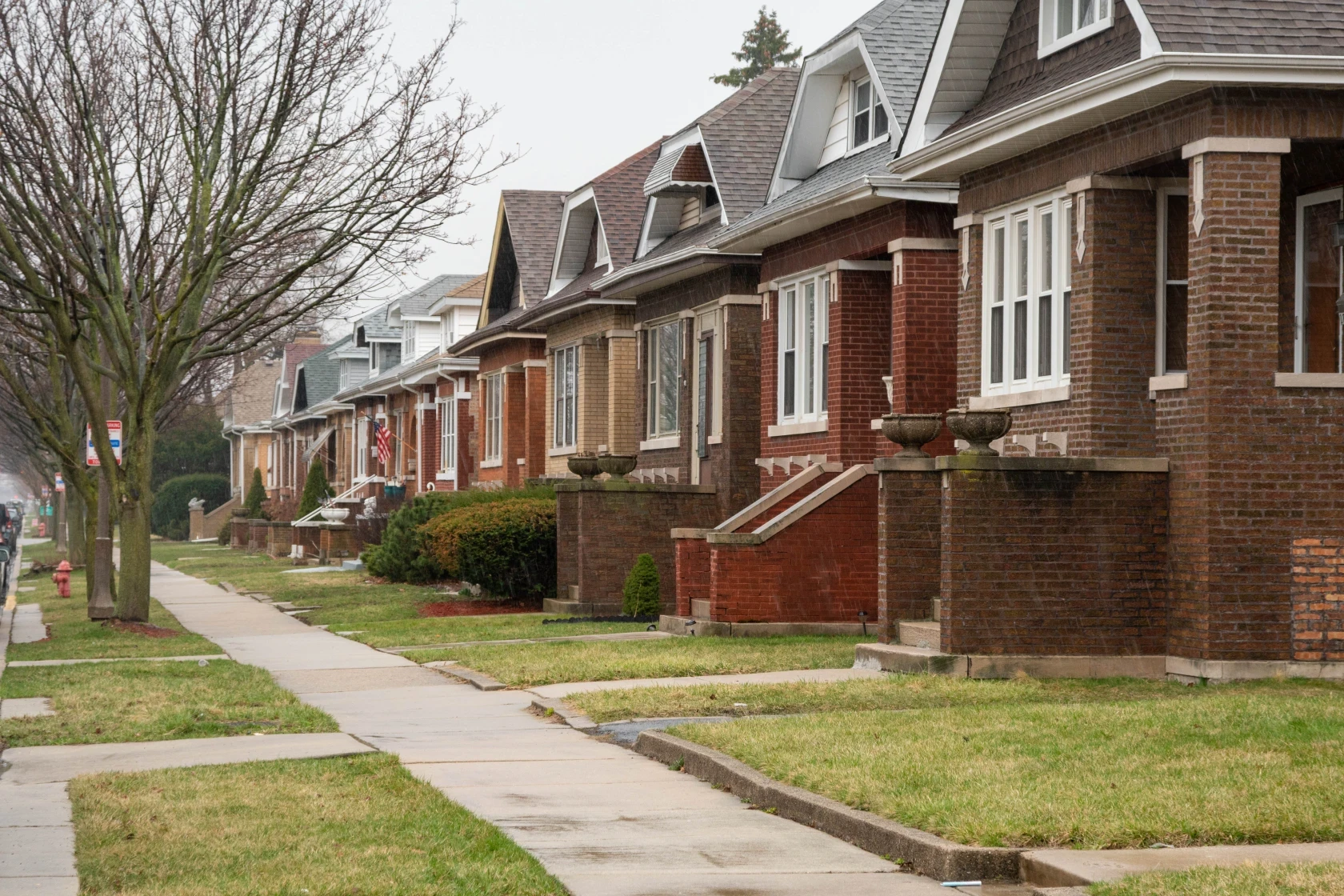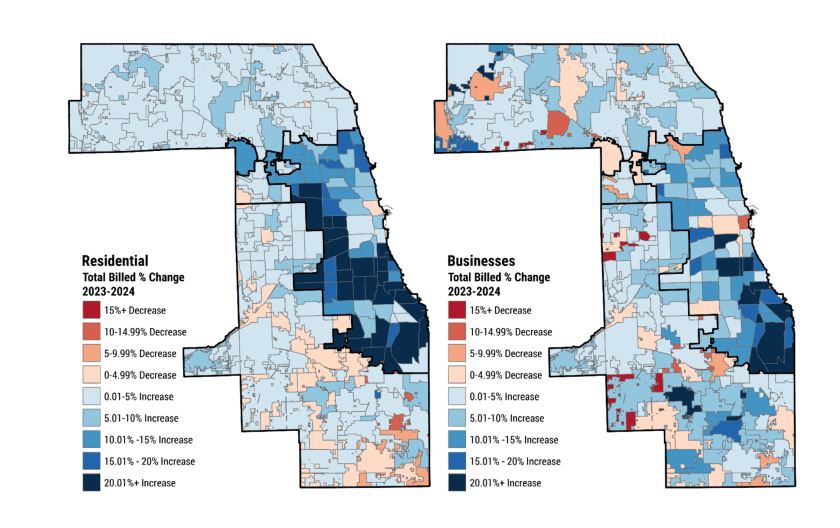Legal
Closing Costs in Chicago Suburbs: What Homebuyers Need to Know
Passionate writer sharing insights, expertise, and knowledge on various topics to inspire and inform readers worldwide.

Buying a home in Orland Park, Tinley Park, or Oak Lawn? Those closing costs can catch you off guard if you're not prepared. Most homebuyers in the southwest Chicago suburbs face closing costs between 2-5% of their home's purchase price, but the exact amount depends on several factors specific to Cook County and Will County transactions.
What Are Closing Costs in Illinois?
Closing costs represent the fees and expenses you pay when finalizing your home purchase. In Illinois, these costs typically include:
Title insurance premiums (both lender's and owner's policies)
Attorney fees for legal representation
Recording fees paid to Cook County or Will County
Transfer taxes (varies by municipality)
Loan origination fees from your lender
Property tax prorations
Homeowner's insurance premiums
Survey costs (if required)
Southwest Chicago Suburbs: Local Cost Factors
Your closing costs in communities like Palos Hills, Worth, or Alsip will vary based on local tax rates and municipal requirements. Cook County imposes a transfer tax of $3.75 per $500 of the purchase price, while some municipalities add their own transfer taxes on top.
For example, if you're buying a $300,000 home in Orland Park, expect to pay approximately $2,250 in Cook County transfer taxes alone. Add municipal transfer taxes, and this number climbs higher.
Attorney Fees: Required in Illinois
Unlike many states, Illinois requires attorney representation for real estate closings. Attorney fees in the southwest suburbs typically range from $800 to $1,500, depending on the transaction's complexity. Your attorney reviews contracts, conducts title searches, and ensures all legal requirements are met.
Title Insurance Costs
Title insurance protects you from ownership disputes or liens against the property. In Illinois, title insurance rates are regulated, so you'll pay similar rates regardless of which company you choose. For a $300,000 home, expect to pay around $1,200-$1,500 for both lender's and owner's title insurance policies.
Property Tax Prorations
Property taxes in Cook County are paid in arrears, meaning you'll need to reimburse the seller for taxes they've already paid for the portion of the year you'll own the home. Tax rates vary significantly between municipalities – Orland Park's effective tax rate differs from Tinley Park's, affecting your closing costs.
Lender Fees and Loan Costs
Your mortgage lender will charge various fees:
Origination fees (typically 0.5-1% of loan amount)
Appraisal fees ($400-$600 in the Chicago area)
Credit report fees ($25-$50)
Underwriting fees ($300-$800)
Some lenders offer "no closing cost" loans, but they typically build these costs into your interest rate.
Recording and Government Fees
Cook County and Will County charge fees to record your deed and mortgage. These fees are relatively small – usually under $200 total – but they're mandatory parts of the closing process.
How to Estimate Your Closing Costs
Rather than guessing at these numbers, use our Closing Costs Calculator on our website. This tool factors in local tax rates, typical attorney fees, and current title insurance rates to give you an accurate estimate based on your specific purchase price and location in the southwest Chicago suburbs.
The calculator accounts for differences between municipalities and provides itemized breakdowns so you know exactly where your money goes.
Negotiating Closing Costs
In some markets, sellers contribute toward buyer closing costs. This practice, called seller concessions, can help reduce your out-of-pocket expenses at closing. Your real estate attorney can help structure these negotiations as part of your purchase agreement.
Preparing for Closing Day
Bring a certified check or arrange a wire transfer for your closing costs. Personal checks typically aren't accepted for amounts over $1,000. Your attorney will provide a detailed closing statement (HUD-1 or Closing Disclosure) at least three days before closing, showing exactly what you'll pay.
Get Accurate Closing Cost Estimates
Don't let closing costs surprise you. Use our online Closing Costs Calculator to get precise estimates based on current rates and fees in your specific southwest Chicago suburb. For complex transactions or questions about your closing costs, contact our office for personalized guidance through your home purchase.
Author



